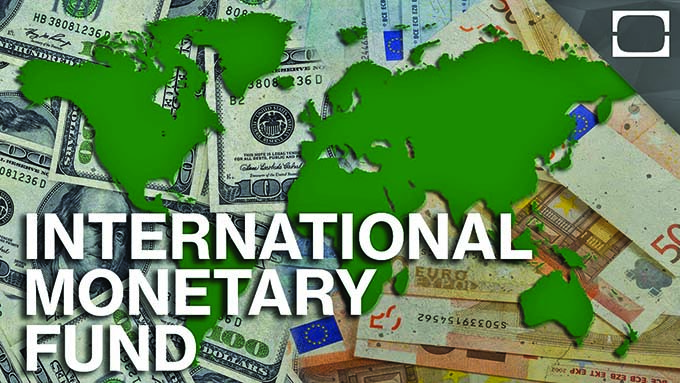Home Top Stories IMF warns Govt over social impact on closing sugar industry
…says Govt continues to anticipate oil money to decrease debt
…confirms local economy is in trouble – PPP
[The following is a full statement by the People’s Progressive Party]
The concluding statement, which details the preliminary findings of International Monetary Fund (IMF) after a visit to Guyana, was released Friday evening and in ‘IMF speak’ it validates the positions that have been articulated by the political Opposition for months now – including that the local economy is in trouble.
The IMF noted that Guyana’s Gross Domestic Product (GDP) growth was uneven, buoyed by the new gold mines, while the non-mining sector saw a contraction in growth. We have seen no plans by the Coalition Government to stimulate growth; rather increased burdens on major sectors with a slew of tax measures and other policies that constrict their potential for growth.
The IMF projects real economic growth of 3.5 per cent driven by an increase in public investment and a recovery in rice production. But the reality is that we are witnessing the continued deterioration of the rice sector’s performance. Two weeks ago, one major rice operator, after 25 years, closed down his operations. We are also witnessing massive underperformance by the government, relative to public investment. The IMF itself noted that Guyana saw “lower than budgeted public investment” in 2016, which was a point that was made by the Opposition during the Budget 2017 debates.
Further, the IMF statement confirms that the Government slavishly followed the recommendations of CARTAC on extending the Value-Added Tax (VAT) regime to crucial sectors, without regard to the social impact on Guyanese. The IMF noted that it welcomed the VAT “reform” that was advanced.
Additionally, the increased borrowing by the Coalition Government has also been a major point of concern, particularly over the last few months – with government inking multiple multi-billion dollar loan agreements – as many as five in one week, as we have seen recently. The IMF has said that the debt-to-GDP ratio is projected to reach 61 per cent of GDP by 2019 and has recommended fiscal adjustments. However, Government continues to „bank on oil money given that local authorities have informed the IMF that once oil production starts the debt to GDP ratio will decrease.
The IMF also noted the recent “increase in exchange rate flexibility” – while Government fails to acknowledge that there is a problem and advance measures to address the issue.
Meanwhile, the impact on Government policy on non-performing Loans (NPLs) was not missed by the IMF. Last year a similar warning about non-performing loans was issued by the IMF. Hundreds of Guyanese, affected by government’s policies, including the burdensome taxes, are finding it difficult to repay their loans. And matters are made worse with local economic activity on the decline.
On the issue of the sugar sector, the IMF has reiterated our call for careful decisions to be made about the future of the industry. The political Opposition has said repeatedly that the decisions taken so far have been political, given the absence of any socio-economic study. The IMF has warned the government to be “mindful of the large social impact” and the need, to protect those affected “by the process of change in the industry.
The Coalition Government must face reality. The local economy is slowly being “choked to death”. Guyanese are witnessing policies that hurt businesses and increases hardships on average people. In the last year, there have been no major announcements regarding foreign direct investments in Guyana, nor any major job creation initiatives.
The Coalition Government must act.
The staff team from the IMF, led by Marcos Chamon, visited Georgetown during March 6–17 to hold discussions for the 2017 Article IV Consultation.
